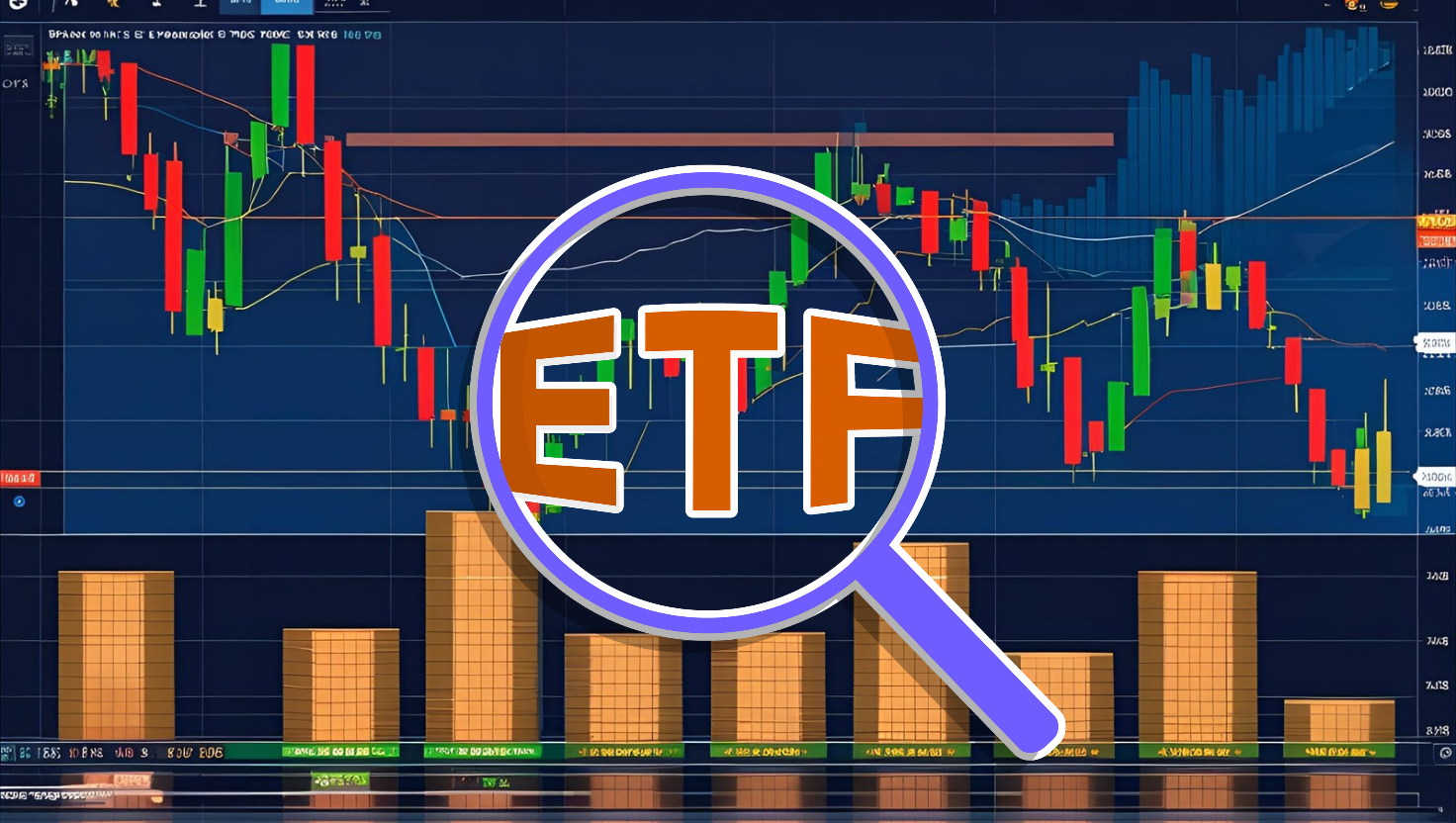
In a pivotal development for the cryptocurrency industry, the U.S. Securities and Exchange Commission (SEC) said Monday that certain liquid staking activities do not constitute securities offerings under federal law, potentially clearing the path for broader adoption of staking-based crypto products.
In a staff statement, the SEC’s Division of Corporation Finance said that liquid staking arrangements involving the issuance of receipt tokens — commonly referred to as liquid staking tokens (LSTs) — are not considered investment contracts when structured without managerial efforts or entrepreneurial risk by a third party.
“When depositors receive tokens merely representing their claim to staked assets and rewards, and no profit expectation relies on others’ efforts, these transactions fall outside the scope of securities laws,” the SEC said in the statement.
Liquid staking allows crypto holders to delegate assets to validators while retaining liquidity through receipt tokens, which can be traded or used in decentralized finance (DeFi) applications. The SEC emphasized that when these tokens function solely as proof of ownership without pooling, promotion, or profit schemes, they do not meet the Howey Test threshold — the benchmark used to determine whether an arrangement constitutes a security.
SEC Commissioner Hester Peirce welcomed the move, likening staking tokens to “warehouse receipts” that simply represent ownership of stored goods. “This is a step toward applying common-sense analogies to crypto systems,” Peirce said.
However, Commissioner Caroline Crenshaw issued a dissenting opinion, warning that the staff’s analysis rests on “unsupported factual assumptions” and cautioned that it does not constitute formal agency rulemaking.
“Any deviation from the narrow facts described could lead to securities law violations,” Crenshaw said.
The guidance forms part of the SEC’s broader “Project Crypto” initiative under Chairman Paul Atkins, which aims to modernize digital asset regulation. The initiative comes amid growing pressure from institutional investors and product issuers seeking clarity on staking-enabled investment vehicles.
Industry reaction was largely positive. Ethereum alone accounts for more than $50 billion in staked assets, and the ruling is expected to bolster efforts to launch staking-based ETFs and compliant DeFi protocols. The broader liquid staking market holds over $67 billion in total value locked (TVL), according to Cointelegraph.
Still, analysts urge caution. Amanda Fischer, a former SEC official, warned that even seemingly passive arrangements could expose investors to systemic risks, likening some practices to the pre-2008 financial structure that led to the collapse of Lehman Brothers.
The SEC noted that the statement reflects the staff’s view only and does not preclude enforcement actions if practices deviate from the outlined conditions.
















 Join our Telegram Channel
Join our Telegram Channel